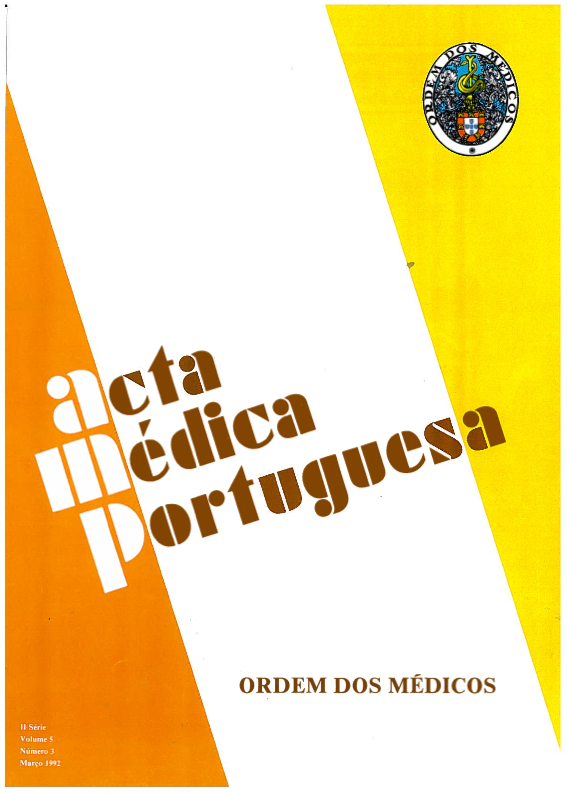Questões éticas e sociais da análise do genoma humano.
DOI:
https://doi.org/10.20344/amp.3213Resumo
The modern technologies for human genome analysis raise a variety of ethical and social questions. The pre-symptomatic diagnostic of diseases of late expression is becoming possible for a rapidly increasing number of situations. The use of that knowledge by employers, insurance companies, schools, and society in general, could lead to discriminations and stigmatizations, in addition to adverse psychological reactions. DNA fingerprinting raises questions of privacy and personal autonomy in its applications to paternity proof, criminal proceedings, and establishment of data banks. The project of the immediate and complete sequencing of the human genome will lead to questions of economical ethics, as well as of access, commercialization and property rights of scientific information and materials obtained. It also favours a reducionistic mentality and international unbalances. The molecular biology of humans, which will follow the complete sequencing of the genome, may foster a rethinking of the concepts of freedom of self-determination (basic for moral responsibility) and of equality. The gene therapy and its possible extension to the betterment of the human species, pose questions of ethical limits to this technology. All these problems will have to be answered in terms of the application of the principle of ethical freedom for self-fulfillment, as a right of the human person, as well as of science and society. Scientific, economic and social interests have to be subordinated to the dignity of the human person.Downloads
Downloads
Como Citar
Edição
Secção
Licença
Todos os artigos publicados na AMP são de acesso aberto e cumprem os requisitos das agências de financiamento ou instituições académicas. Relativamente à utilização por terceiros a AMP rege-se pelos termos da licença Creative Commons ‘Atribuição – Uso Não-Comercial – (CC-BY-NC)’.
É da responsabilidade do autor obter permissão para reproduzir figuras, tabelas, etc., de outras publicações. Após a aceitação de um artigo, os autores serão convidados a preencher uma “Declaração de Responsabilidade Autoral e Partilha de Direitos de Autor “(http://www.actamedicaportuguesa.com/info/AMP-NormasPublicacao.pdf) e a “Declaração de Potenciais Conflitos de Interesse” (http://www.icmje.org/conflicts-of-interest) do ICMJE. Será enviado um e-mail ao autor correspondente, confirmando a receção do manuscrito.
Após a publicação, os autores ficam autorizados a disponibilizar os seus artigos em repositórios das suas instituições de origem, desde que mencionem sempre onde foram publicados e de acordo com a licença Creative Commons









